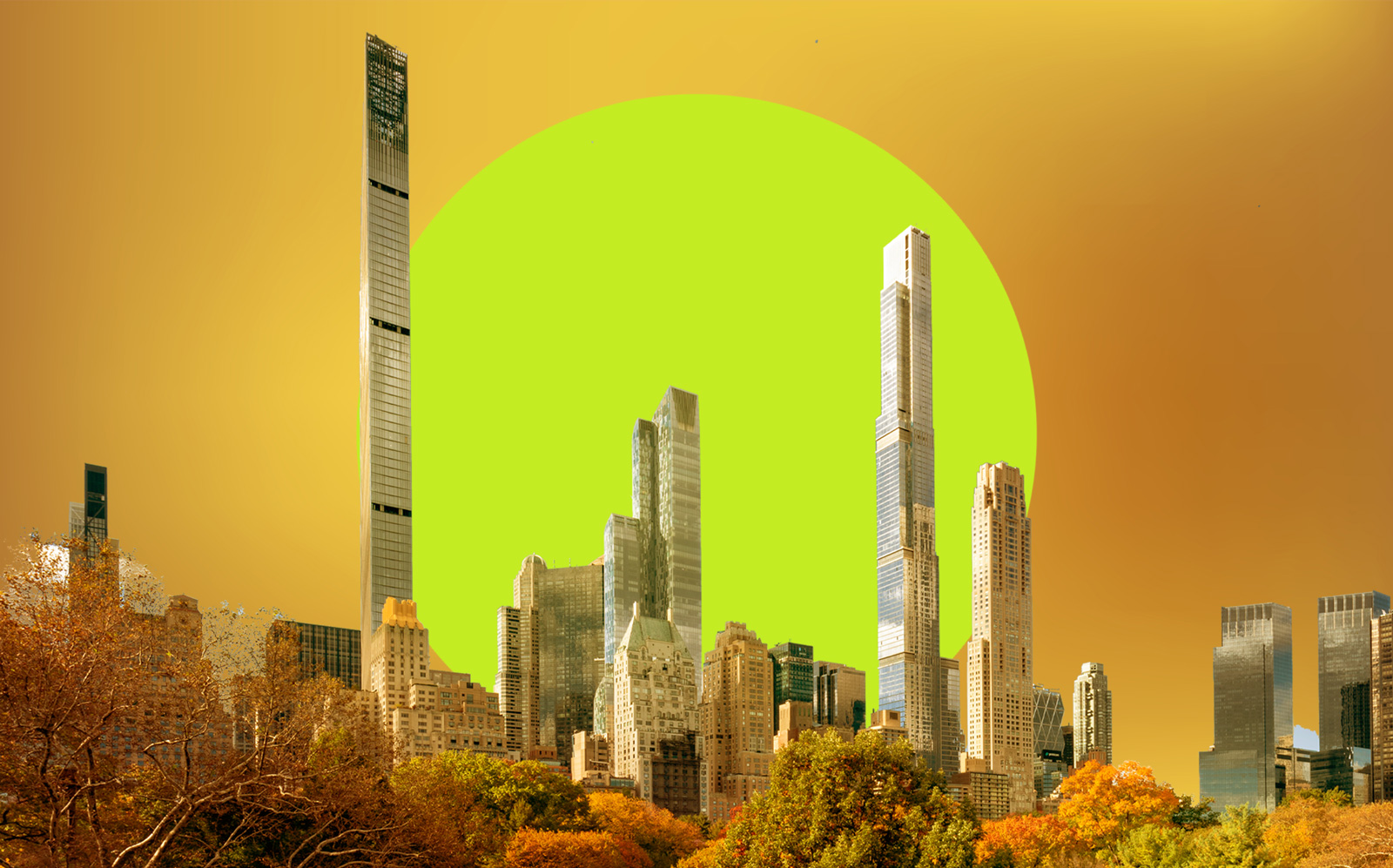There’s one homeowner worth more than $30 million for every 372 residents in metro San Jose, according to a recent study of ultra high-net worth individuals from Wealth-X and REALM. That’s the fourth-highest concentration of super rich people in the world.
Just to the north, San Francisco’s metro area has one ultra wealthy homeowner for every 505 residents, making it the fifth-highest city for UHNW density.
“The Bay Area is where the wealth has been created and hence it is where the wealth has stayed,” said Compass agent Steve Mavromihalis, who specializes in luxury sales. “It’s not surprising to me in the least.”
San Jose may have higher density, but San Francisco has far more total ultra wealthy people as full-time or part-time residents. More than 9,000 of the 400,000 people worldwide who are worth at least $30 million own homes in San Francisco, making the metro the sixth-highest in the world for its total residential footprint of the ultra wealthy. San Jose is twelfth, with about 5,300 UHNW residents.
New York is number one in the world with more than four times that amount. London and Hong Kong are second and third, and LA and Miami are fourth and fifth. Tokyo was not included “due to the opacity of Japan’s real estate market data” but would almost certainly rank among the top five cities, according to the report.
The ultrawealthy typically have multiple residences, and the report says that each is important “whether for vacations and leisure pursuits, family commitments, as an investment or for use during frequent business trips.”
The residential footprint in both San Francisco and L.A. are slightly skewed towards ultra wealthy second-home owners, the report shows. That’s different from other major urban centers such as Boston, Washington D.C., Chicago and even San Jose, where more super rich residents keep a primary residence than a secondary home.
The pandemic may have blurred the lines between what is a primary and secondary home, according to REALM founder Julie Faupel.

“Destination real estate is no longer regarded as a second home but rather a dual primary residence,” she said via email. “Those with the means to travel and work from anywhere in the world are truly becoming global citizens through multiple passports and real estate acquisitions in various countries. The idea that ‘peace of mind’ means that HNW and UHNW will not be limited in where or how they live is very much a reality.”
Mavromihalis said that even if some wealthy people left San Francisco during the beginning of the pandemic, many returned starting in early 2021. Both tech CEOs and the investors who fund their companies didn’t want to be locked inside when the city shut down, he said, but they couldn’t stay away completely for long, citing both the region’s natural beauty and its reputation as a hub of innovation and talent.
“This is where the action is for finance, venture capital, private equity, investment banking,” he said. “Those are the men and women that support the entrepreneurs that are creating the devices we’re talking and typing on.”
The recently released report shows that U.S. real estate is the center of the world for the global elite, with 14 U.S. cities in the top 20 and six in the top 10.
“This reflects not only the sheer size of the U.S. wealth market (its relative position has strengthened over recent years, amid solid wealth gains) but also its geographic and business diversity,” according to the report. “These qualities offer considerable scope for wealthy individuals in search of a secondary home to stay in the country rather than look abroad, and also mirrors a broader U.S. trend over recent years of migration to smaller cities.”
Read more



